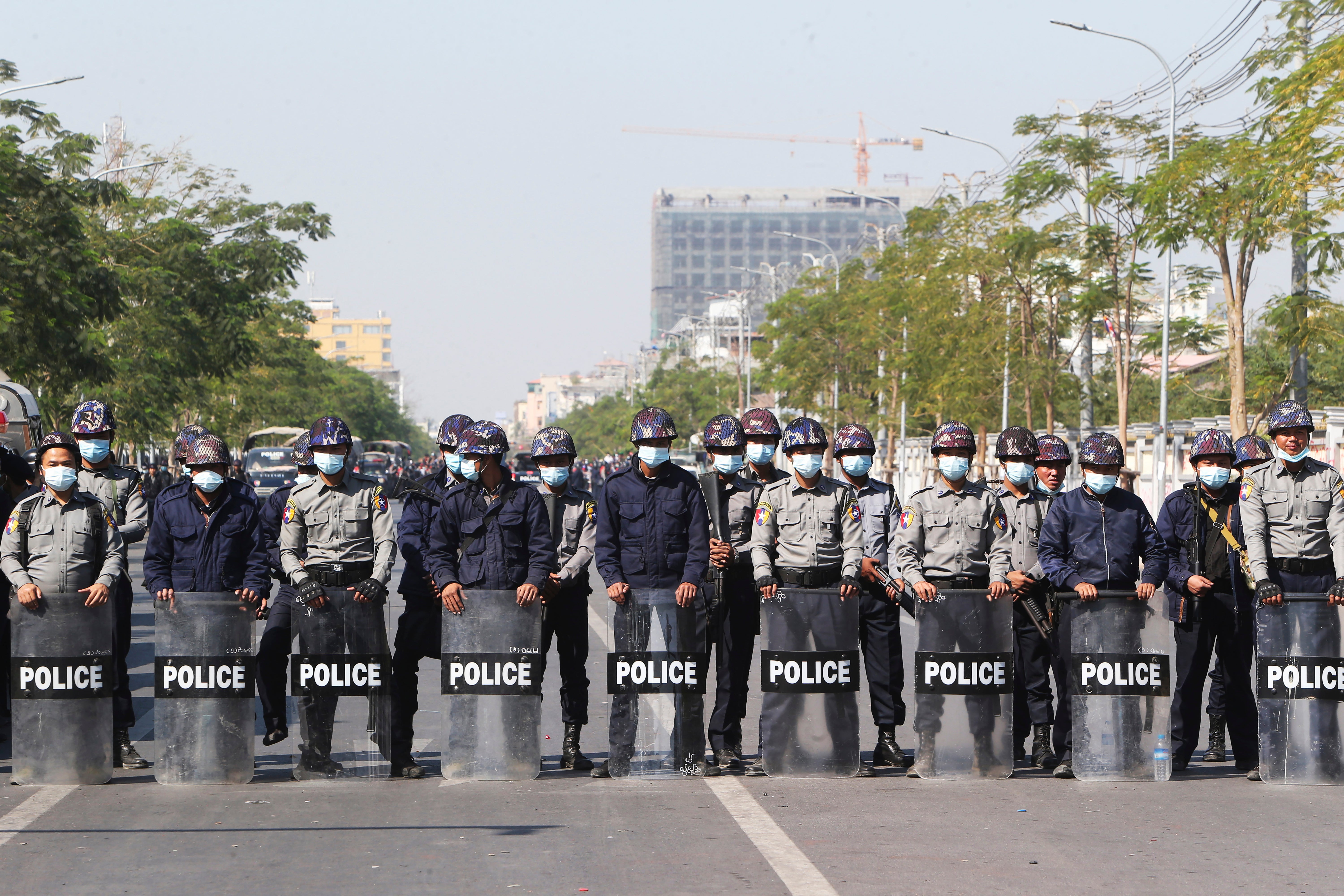Businesses start to rethink Myanmar as coup ignites protests
Businesses are just beginning to reassess their investments in Myanmar after the military seized power, detaining civilian leaders and sparking mass protests

Businesses are just beginning to reassess their investments in Myanmar after the military seized power, detaining civilian leaders and sparking mass protests.
Singaporean tycoon Lim Kaling, a board member of technology firm Razer Inc., announced Tuesday that he was pulling out of a cigarette joint venture with military-linked Virginia Tobacco Co., the country’s biggest cigarette maker and owner of the Red Ruby and Premium Gold brands
Lim held a one-third stake in RMH Singapore Pte., which owns 49% of the joint venture that began in 1993.
He said he felt “grave concern" over the situation in Myanmar, and “I am therefore exploring options for the responsible disposal of this stake."
That announcement followed a petition drive on Change.org to exert pressure on him to end his business ties with the military. It urged Razer to dismiss him from its board if he did not.
So far, most companies with major dealings or investments in Myanmar appear to be taking a wait-and-see approach.
But last week just after the Feb. 1 coup, Japan’s Kirin Holdings, a leading brewery and food and beverage maker, announced it would end its joint venture with military-affiliated Myanma Economic Holdings PLC., or MEHL.
“Given the current circumstances, we have no option but to terminate our current joint-venture partnership,” said Kirin, owner of the San Miguel, Fat Tire and Lion brands. “We will be taking steps as a matter of urgency to put this termination into effect.”
Thailand property developer Amata said it had suspended work on a project in Myanmar's biggest city, Yangon.
Apart from Kirin and RMH Singapore, MEHL’s foreign business partners also include South Korean steel maker Posco International, trading company Pan-Pacific and the Inno Group; and China’s Wanbao Mining, which jointly operates copper mines in Myanmar.
Amnesty International and other human rights groups have for years taken partners of MEHL and another military-affiliate, Myanma Economic Corp., to task over business ties with a military that has been condemned for various human rights violations, including atrocities committed against the Rohinya and other ethnic minorities, forced labor, land grabs and other abuses.
A report issued in 2019 after a special U.N.-authorized investigation of alleged human rights abuses by Myanmar’s security forces concluded that business-generated wealth of the military — called the Tatmadaw — has contributed to its acting with impunity.
The coup has renewed pressure for governments to impose sanctions that had been eased after the military, which had ruled Myanmar for decades, began a transition toward a democratic, civilian government in 2011.
Top Myanmar military leaders, including Gen. Min Aung Hliang, who took control as commander-in-chief, already are facing U.S. Treasury Department sanctions over the treatment of the Rohingya, more than 700,000 of whom have fled the country into Bangladesh.
Myanmar's opening to more international trade, investment and tourism has integrated its economy with foreign business in myriad ways. Many Myanmar businesses and individuals rely heavily on Facebook, for example.
The coup and its aftermath have put many such companies in an awkward position.
Norway's Telenor ASA is a major provider of mobile telecoms, having helped build the system nearly from scratch. After it was ordered by the Myanmar government to disrupt service, it issued a statement expressing “deep concern."
“Telenor Myanmar, as a local company, is bound by local law and needs to handle this irregular and difficult situation. We have employees on the ground and our first priority is to ensure their safety," it said. “We deeply regret the impact the shutdown has on the people in Myanmar."
China has extensive investments in Myanmar, though its companies are less likely to face a public backlash over involvement with its military.
Whether there will be a big shift in investment remains to be seen: For the most part Western governments have sought to avoid sanctions that might hurt local businesses and workers, just adding to their troubles.
But reputational risk, already high due to the Rohingya problem, could grow for the many foreign companies that rely on factories in Myanmar's new industrial zones for their brand-name apparel, shoes and other consumer goods.
Bookmark popover
Removed from bookmarks